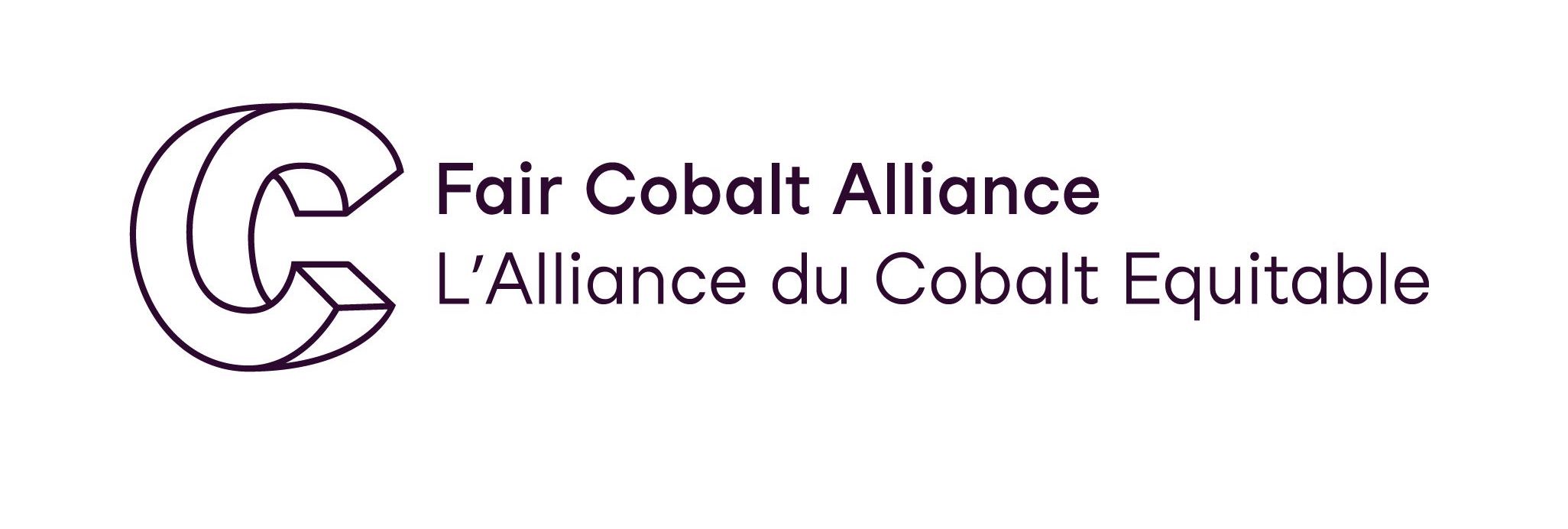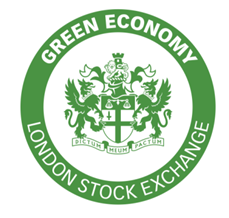To meet the world’s target of a net zero economy by 2050, the power sector needs to fully decarbonise by 2040, according to the International Energy Agency. Energy storage supports the transition by providing the flexibility needed for integrating intermittent energy sources, such as wind and solar, into the global power system – while increasing its efficiency and resilience.
One of the main benefits of battery energy storage systems is the technology’s ability to balance demand and supply of power. Storing excess electricity when supply from renewables exceeds demand avoids curtailment and allows these clean energy sources to contribute a greater proportion of electricity. This reduces the need for fossil fuel-based power and can help to bring down CO2 emissions from the power sector. The critical ancillary services provided by battery energy storage also ensure grid stability against the backdrop of declining system inertia, a consequence of the increased reliance on renewables.
Gore Street Energy Storage Fund’s (GSF) investment in battery energy storage systems, therefore, plays a crucial role in the green energy transition.
Responsible Investment Policy
Dated 29 March 2024
Gore Street Energy Storage Fund believes that responsible corporate governance practices and consideration of environmental and social factors are important contributors to the creation of long-term shareholder value. It has developed a Responsible Investment Policy to guide its approach to responsible investing, ESG integration and reporting.
Reporting Frameworks
To outline its approach to environmental, social and governance (ESG) issues and report on progress, the Company publishes an annual ESG & Sustainability Report, the latest version of which is available here . GSF has also adopted a number of international frameworks for sustainability-related disclosures. All ESG reports, as well as previous versions, are available on the Shareholder Literature page.
SFDR
The Sustainable Finance Disclosure Regulation (SFDR) is a European regulation aimed at preventing greenwashing and increasing transparency in the market for sustainable investment products. As an investor in energy storage systems and a financial product that has been marketed in EU member states, the Company falls within the scope of the directive. It qualifies as an Article 8 product and promotes the following environmental characteristics:
- enabling the integration of renewable energy sources into the power grid;
- avoiding carbon emissions from the power sector.
The Company’s website disclosure can be found under Sustainability-Related Disclosures. An annual assessment of Principal Adverse Impacts (PAIs) and other sustainability-related metrics is published as part of the Company’s Annual Report and can also be viewed separately here.
TCFD
GSF does not fall within the scope of the UK Financial Conduct Authority’s climate-related reporting requirements but the Company has chosen to voluntarily report in alignment with the Task Force on Climate-Related Financial Disclosures (TCFD) recommendations to increase transparency around its governance and consideration of climate-related risks. The latest report is available here.
PRI
The UN-supported Principles for Responsible Investment (PRI) is an international framework promoting the integration of ESG factors into investment practice to support the move towards a more sustainable global financial system. As a signatory of the PRI, the Company has been required to report on its progress towards incorporating the Principles from 2024. The full report can be found here.
Memberships and Awards


The Company has been awarded the London Stock Exchange’s Green Economy Mark, recognising that it derives more than 50% of its revenues from products and services that contribute to environmental objectives.
RNS Announcements
-
Holding(s) in Company
23 June 2025 -
Strategy Update, Dividend, Unaudited NAV
18 June 2025 -
Holding(s) in Company
09 June 2025
Our Portfolio
Find out about our portfolio
Investor Alert
Sign up for alerts


